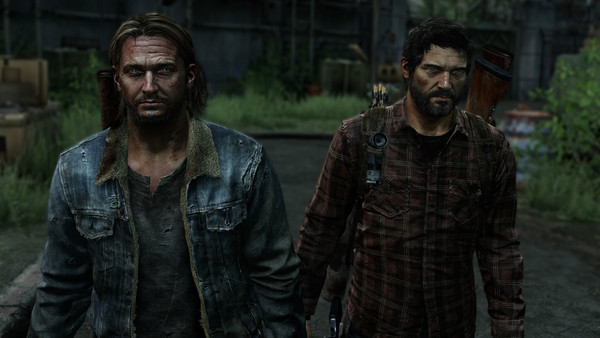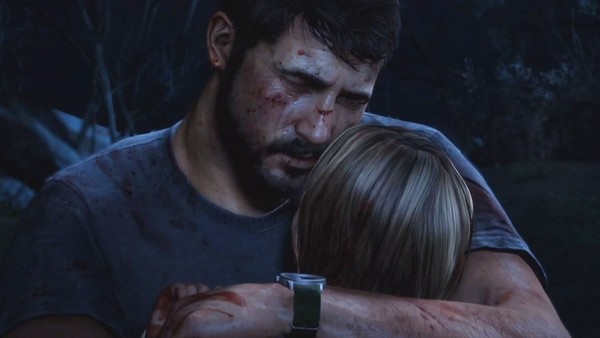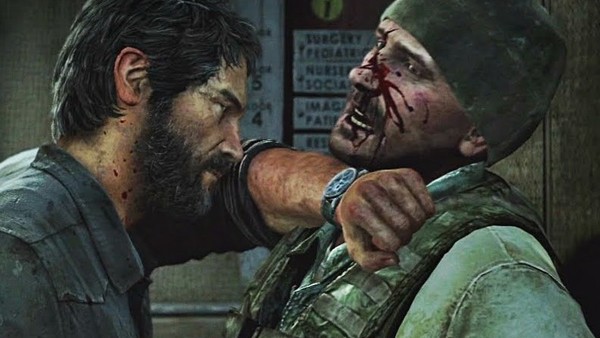Is Joel Really The Villain In The Last Of Us?
3. The Ends Justify The Means

When discussing the morality of the characters, director Neil Druckmann has always stated that it isn't a simple case of black and white or good vs. evil, but rather a constant question of "do the ends justify the means?". Every decision Joel makes throughout the game, and even before it begins, is done in good conscience that the ends do justify the means, but does that make him a good person?
It's made clear that Joel and his brother Tommy spent years at the start of the apocalypse murdering, torturing and stealing from others just so they could survive. In the character's eyes, these blatantly evil acts were justified because it meant he didn't lose his brother to a harsh new world. But there's a dual reason behind his extreme actions: Obviously Joel wanted to keep his brother alive because he loved him, but he also resorts to such violent protective measures because he couldn't afford to lose anyone else close to him after Sarah.

The narrow view to "survive at all costs" made sense to him, but Tommy realised quickly that sometimes the cost wasn't worth it. The horrific things Joel made his brother do in order to survive made Tommy not only resent him, but also himself, prompting him to join the Fireflies to atone for past sins.
Joel's actions allowed the two to fight another day, and while that's enough for him, it clearly broke Tommy, who actually went on to do far better without his brother. By removing himself from the "kill-or-be-killed" lifestyle, he actually found everything he couldn't have with Joel; a family, a community and stability. He's got something to fight for, something which Joel has been lacking for years.
Also, how is this militant rationale that the ends always justify the means any different from how the Fireflies approach things at the end of the game? Joel views their actions as abhorrent, but they're operating on the same logic that he's been using for years: sure, killing a defenceless girl without her consent is evil, but is it justified if that sacrifice can help the entire human race in the long run?

Joel says no, and chastises Marlene for her comment that Ellie would agree to the procedure if she was awake. It's a hypocritical statement that's supposed to show how focused Marlene is on completing her mission that she doesn't even ask Ellie, who she supposedly views as her own family, for her consent. However, what's often overlooked is that Joel doesn't either.
Instead, he does the same as Marlene, taking matters into his own hands, going on a murderous rampage, and lying to the person closest to him, but he does save Ellie in the process.
The ends justify the means.
Next, how Joel's "villainous turn" is handled in gameplay...